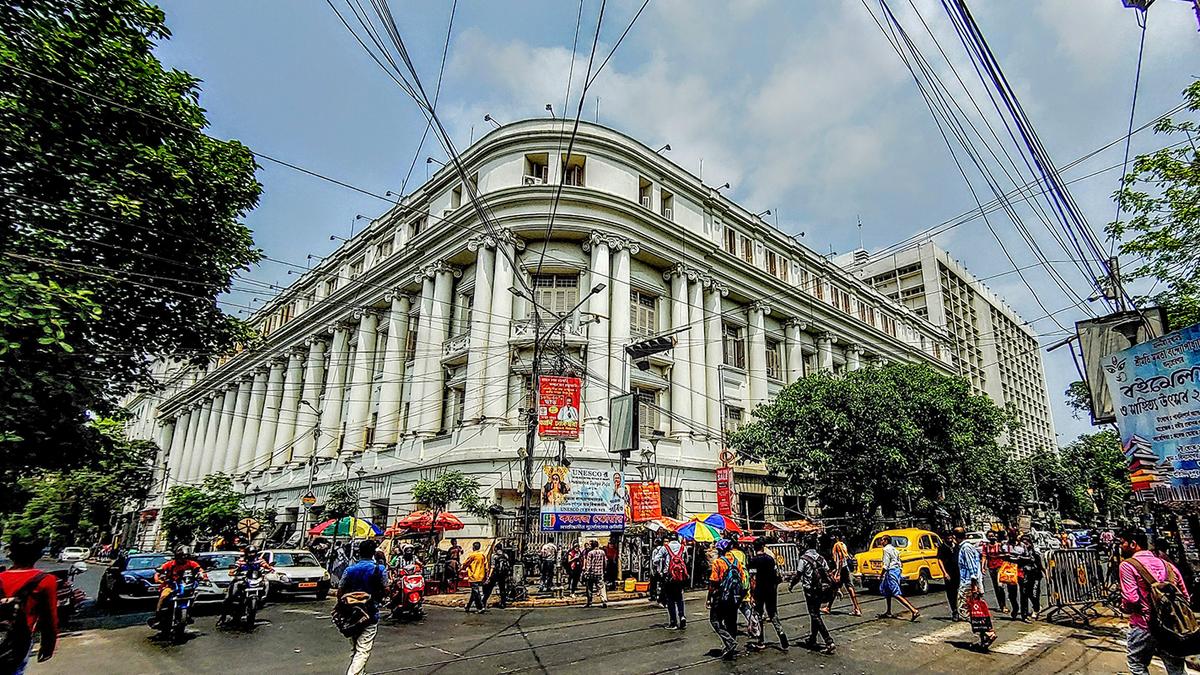
Students of Calcutta University colleges to undergo internships
The Hindu
Colleges under the University of Calcutta are for the first time busy getting undergraduate students into internships, as required by the National Education Policy (NEP) that West Bengal implemented in 2023, so that they become employable.
Colleges under the University of Calcutta are for the first time busy getting undergraduate students into internships, as required by the National Education Policy (NEP) that West Bengal implemented in 2023, so that they become employable.
According to the NEP, a student can exit college at any time — after a year, or after two years, or after finishing the full course — but not without completing the internship. Guidelines for internship were issued by the University Grants Commission (UGC) in 2023.
The University of Calcutta is among the first this year to issue directions to colleges for starting the internship programme; it also held several workshops to acquaint teachers with the new system. Most colleges have now set up internship committees to help students find opportunities, something that can be challenging and beneficial equally, particularly colleges located in rural pockets.
“[Internship] is now an integral part of the curriculum. Not all students are aware of it, and it is our responsibility to make sure they become aware,” Tilak Chatterjee, principal of Bankim Sardar College in South 24 Parganas, told The Hindu, before explaining why an internship is important.
“The objective of higher education is two-fold: one, you go on studying, do research and contribute to the national economy; two, when the national economy grows and with it the scope of employment, you join the workforce. Now, who are the employable people? Not those who have the knowledge but those who have the skill and mindset. Now skills and mindset don’t come from books, but from on-job training, from internship,” Prof. Chatterjee said.
“Organisations usually keep records of their interns and if a student really does well, he or she has a high chance of finding employment in that organisation,” he said. Since his is a rural college, he said most of his students came from marginalised communities and therefore, the college had to plan accordingly.
“Yesterday, we got an internship for 430 of our students. About 50% enrolled in the local ITI (Industrial Training Institute), and the remaining 50% will join the National Skills Development Programme online,” Prof. Chatterjee said.

After a long, tiring day all we want is to jump right on our cosy beds and rest comfortably on our soft, fluffy pillows, right? Pillows are not quite appreciated as much as electric cars or air-fryers, for instance. Pillows are a wonderful man-made creation that has improved the lives and sleep of people across the globe. Did you know ages ago people used to rest their heads on a HARD ROCK? So how did humans go from sleeping on stones to cosy, fluffy and soft pillows today? Let’s get into the origin of your everyday pillows!

As the November 30 deadline nears for installing vehicle location tracking devices (VLTD) and emergency panic buttons in public service and nationally permitted goods vehicles in Karnataka, transport unions representing cab, bus, and truck operators are urging the government to reconsider the mandate. They argue that the high cost of these devices and a lack of awareness have made it difficult for many vehicle owners to comply with the requirement.









